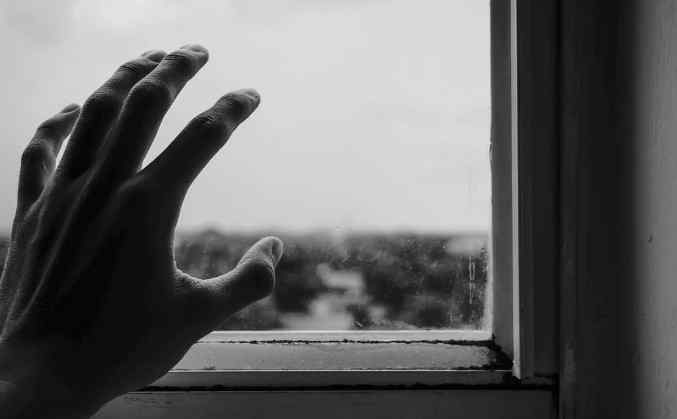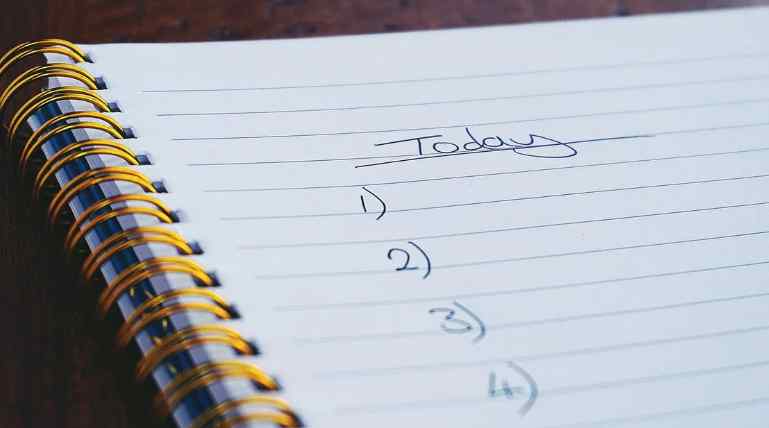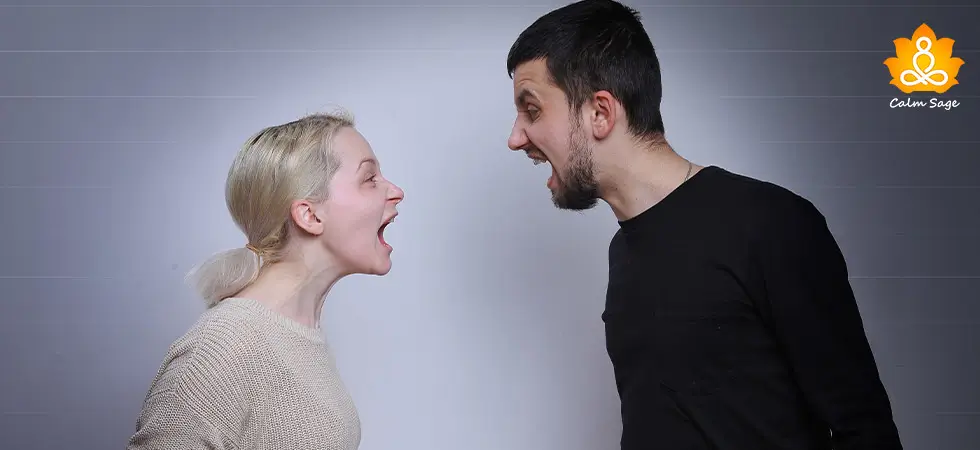Understanding And Preventing Mental Illness Relapse

Having a mental health issue or condition and fighting it back is a serious challenge. We really start feeling good when the signs or symptoms of serious mental health conditions like schizoaffective disorder or post-traumatic stress disorder (PTSD) start fading away.
When symptoms start fading away, we start feeling positive and optimistic about life. But ever thought about what will happen if these challenging times or symptoms will start coming again?
Did you know that when symptoms of any mental illness start coming back again, they are known as a relapse?
When people start experiencing those challenging times again and when their signs or symptoms of mental illness start worsening again, it might show that they are having a relapse of mental illness. Relapses could be very challenging and they can often lead to serious consequences or even hospitalization.
Therefore, understanding and preventing mental illness relapse is really very important especially when you are already experiencing a serious mental health illness.
Only stopping the medication could not be the only reason behind the relapse of mental illness. There are various underlying causes behind this. In this blog, let us understand what are the causes and symptoms of relapse of any mental health issue and how we can prevent them.
Meaning of Mental Health Relapse
A relapse is the return or onset of symptoms during recovery or after the recovery phase. It is possible to experience a relapse of mental illness even when you are continuously attending counseling or taking medications as prescribed. It is imperative to know about mental health relapses so that you can understand how to prevent them.
If you think you or your loved one might be having a mental health relapse, keep reading this blog to learn how to prevent them and what to do if you keep experiencing a relapse.
Common Examples of Relapse

Below are some common mental health conditions that have the possibility of relapse:
- Post-traumatic stress disorder (PTSD): Continuous anxious episodes or loss of control
- Schizophrenia: Sudden change in personality
- Depression: Feeling sad without any reason
- Bipolar or manic episodes:To have a very low or high range of emotions
6 Major Triggers of Relapse
Certain behaviors or reactions could be identified as triggers of relapse. Understanding your triggers will help in developing self-help strategies and will also help in reducing the possibility of a relapse. Below are some of the common triggers of relapse:
- Not taking medicines as prescribed or completely stopping medications
- Using alcohol or drugs
- Excessive stress or anxiety
- Developed conflict in a relationship
- Sudden death of a loved one or chronic illness
- Major life or lifestyle changes
Major Signs and Symptoms of Relapse
Relapse can happen during or after the recovery phase, some signs or symptoms of relapse are so subtle that they are difficult to notice. Below are some of the major signs and symptoms of relapse which will help you in preventing a full-blown crisis:
- Oversleeping or less sleeping
- Stopping medications
- Not taking medications as prescribed
- Feeling nervous, tense, or hostile
- Social isolation or withdrawal
- Decline in maintaining social hygiene
- Increased hallucinations or paranoia
- Confused speech
- False delusion or beliefs
- Increased risk-takingbehaviors
Related Read: Effective ways to get rid of paranoia
What to do when you see signs of relapse?

Whenever you find or notice signs of relapse, here’s what you can do:
- Call or contact your mental health provider right away.
If you are confused or need any guidance related to relapse through online platforms, click here to connect with a mental health professional from BetterHelp.
- Create a social support
- Learn about your symptoms
- Participate in counseling without missing an appointment
- Create a medication management plan
- Take your medicines regular
- Learn stress management techniques
- Learn more about self-help
- Try to get enough sleep
- Stay active
- Try relaxation techniques
- Eat well
Let’s create your relapse prevention plan

Apart from doing or practicing above -mentioned things, it is really important to have a relapse prevention plan. The idea behind creating a relapse prevention plan is to stay or write specifically as possible.
It is one of the best self-help tools to prevent a relapse. Below are some of the important points to add to a relapse prevention plan:
Take out a small notebook and regularly write:
- Situations or events that trigger relapse
- Signs or symptoms that you observed within you related to relapse
- Things that help you when you experience a relapse
- People who support you or what you would like them to do when you have an episode of relapse
- People you would like to contact in case of emergency
- 5 things that help calm you
I hope this blog helps you with understanding and prevent the relapse of serious mental health conditions. Comment down your queries related to relapse. For more such content, connect with us on all social media platforms.
Thanks for reading!
Happy recovery ☺




















